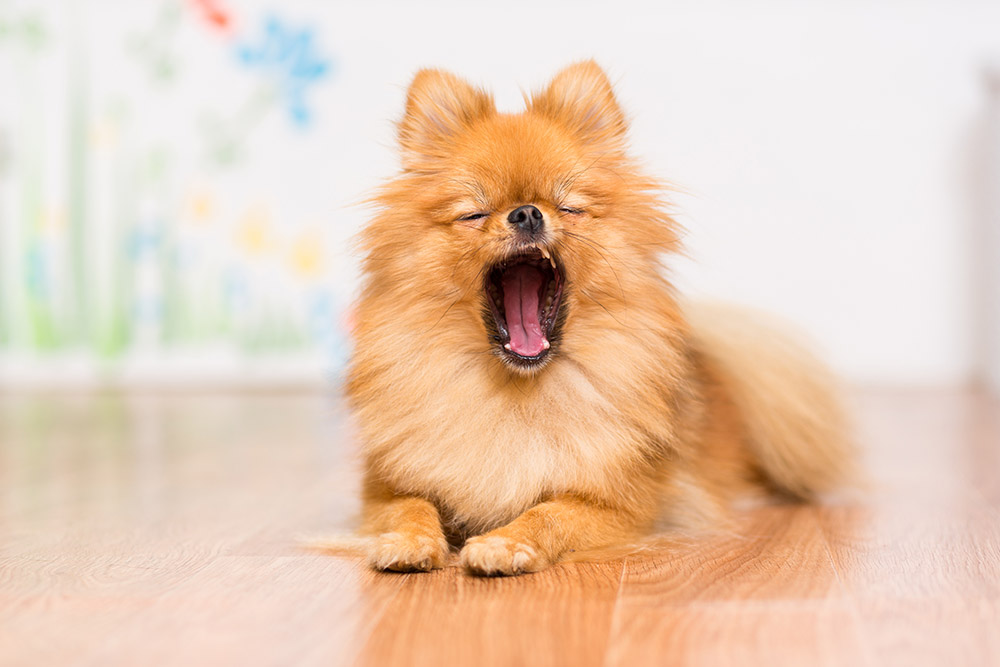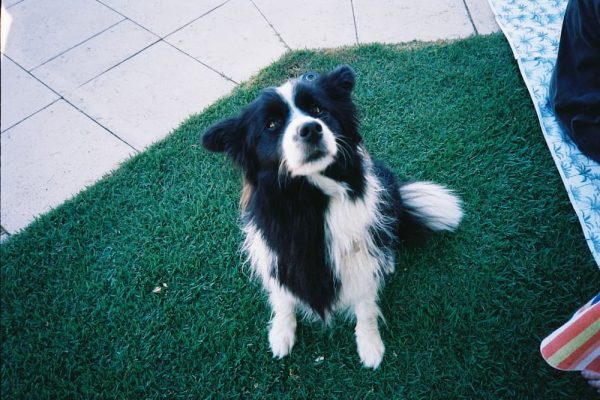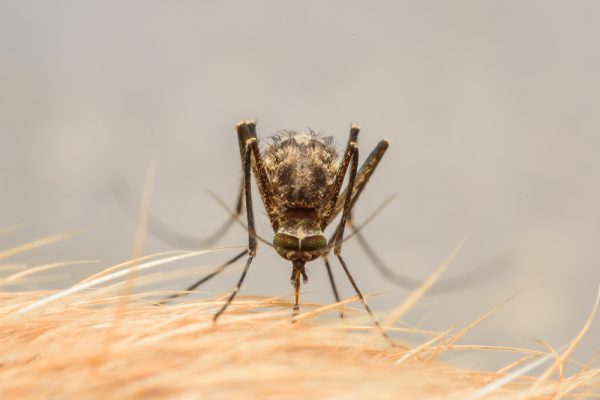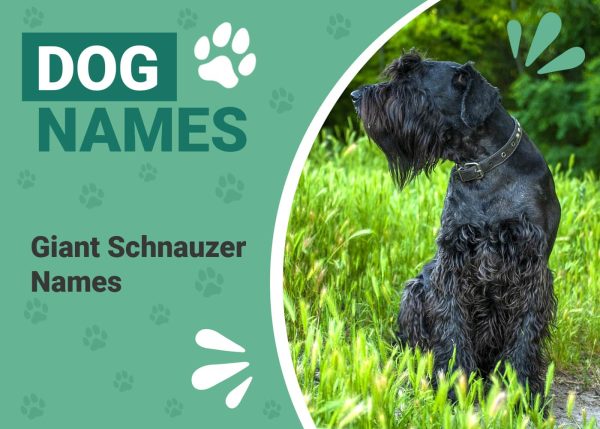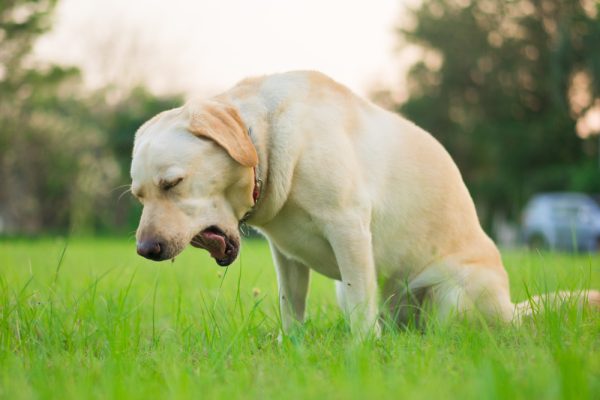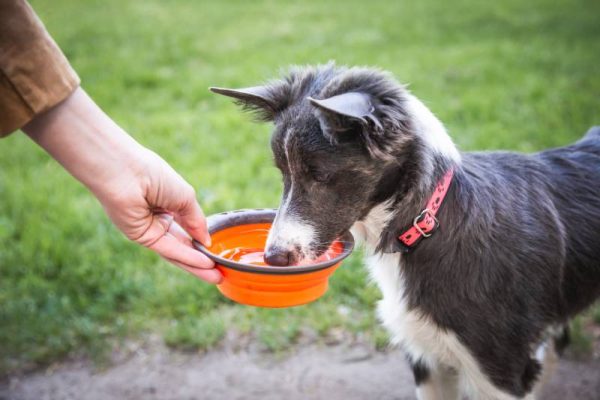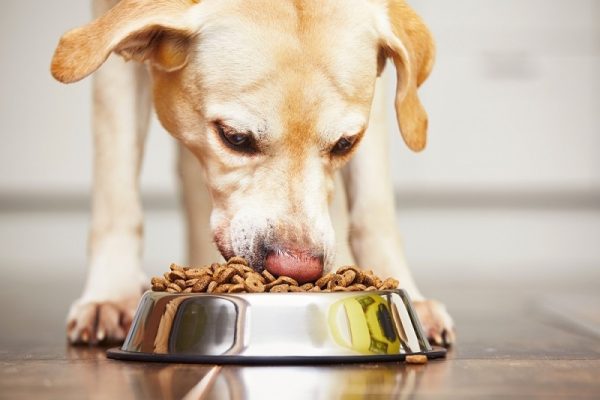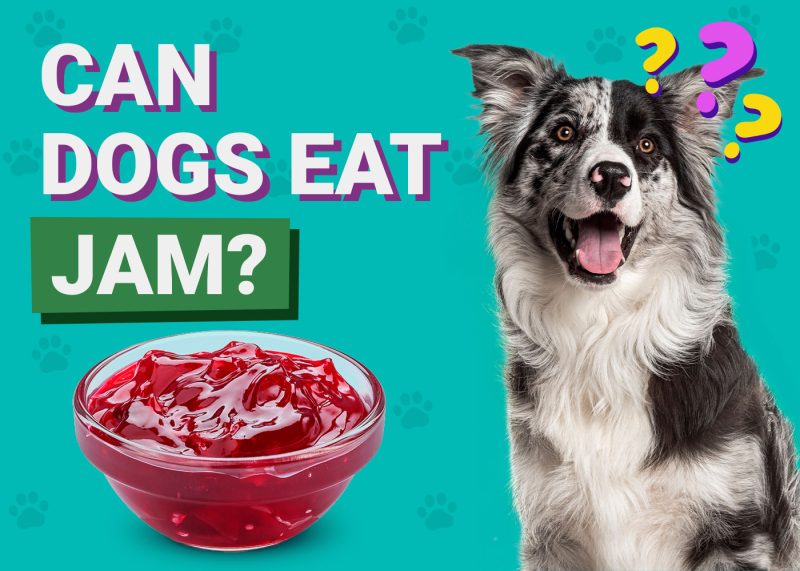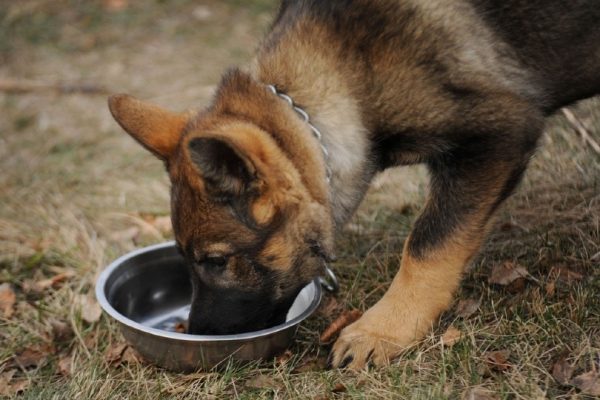Yawning has long been associated with drowsiness and boredom, though studies suggest there may be an underlying physiological importance for yawning that has yet to be explored thoroughly1. However, when our dogs yawn, it could symbolize more than just drowsiness. A dog’s yawn is their way of trying to communicate something. Read on to learn more.

The 6 Reasons Why Dogs Yawn
1. They’re Stressed
Extreme stress and anxiety can cause dogs to yawn. A stress yawn is accompanied by a tense body. A stressed-out pup will also typically exhibit other indicators of stress, including tucking their tails, pointing their ears back, avoidance, pacing, cowering, looking away, and lip licking.
Anything that can cause your pup to feel threatened or uncomfortable can trigger a stress yawn, so owners need to pay close attention to what’s going on around them to determine the trigger. Are they stressed due to physical stimuli, like a sudden loud noise? Or are they stressed for emotional reasons? Once you understand what’s triggering your dog to be stressed, you can remove them from the situation and give them time to calm down.
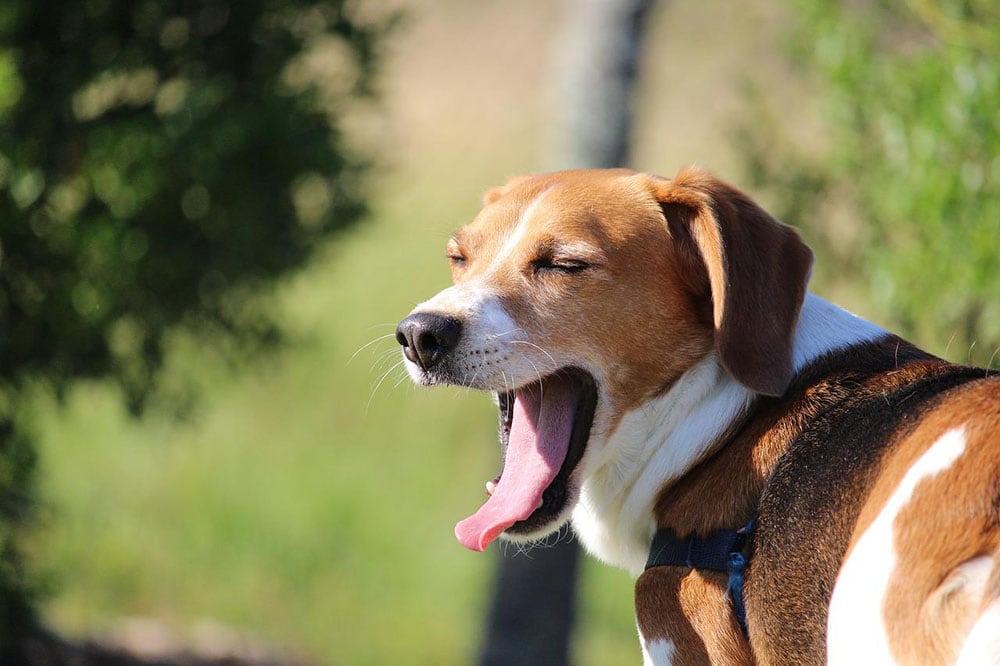
2. To Indicate Pacification or Indifference
Dogs may yawn to communicate to other nearby dogs that they’re friendly and don’t present a threat. They’ll also yawn to avoid a conflict with potential aggressors. This is not a sign of submission but instead of pacification. Yawning is often noted in dominant wolves and dogs. When confronted with a submissive pack member, these dogs yawn to tell them they are not concerned about the submissive one, which often has a calming effect on the anxious dog or wolf.
3. They’re Anticipating Something
A dog may yawn when they’re excited and trying to control their enthusiasm. This kind of yawn will be accompanied by other positive body language, such as circling or packing with happiness. You may see your pup yawning in anticipation when you’re preparing their meal or mention going for a walk but aren’t moving fast enough for their liking. A yawn in this context occurs when there’s a pause in between a chain of what would otherwise be a predictable event.
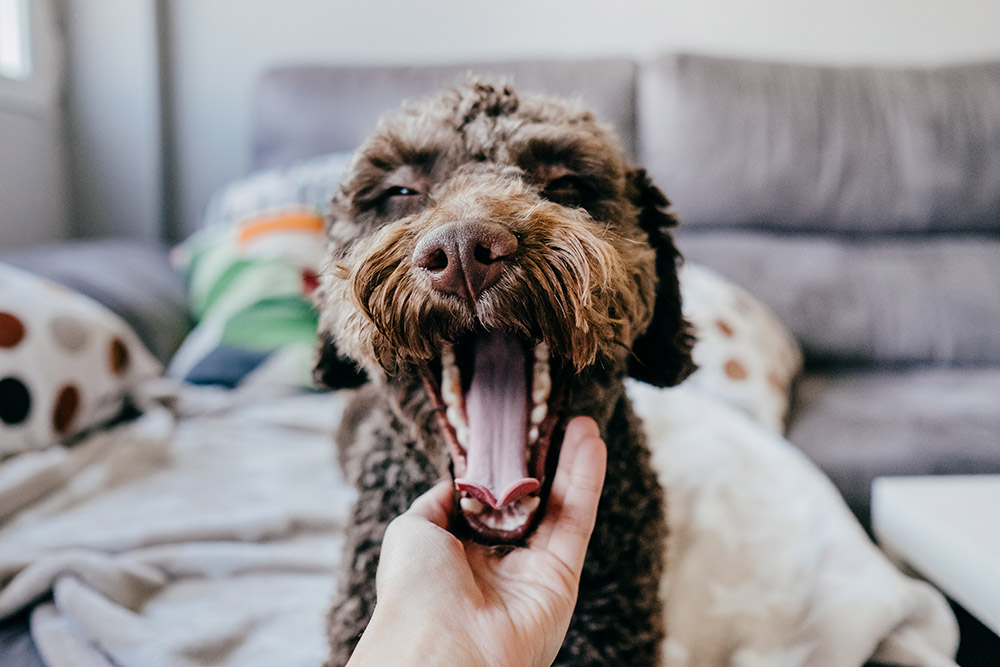
4. Yawns Are Contagious
Yawns are contagious not only with humans but also with our animals. Contagious yawning may relate to your pet’s capacity for empathy. Dogs can decode social signals we send them, so it’s possible for them to develop empathy through the domestication process.
5. They’re Sick
While most yawns are a way for your dog to communicate with you or another animal, some may have a medical reason behind them. If your pup is showing any other concerning signs, it may be time to see your vet.
- Excessive barking
- Loss of appetite
- Lethargy
- Yawning while drinking or eating
- Yawning excessively
It’s also important that you understand the difference between yawning and similar behaviors like fly biting. This happens when your dog bites in the air as if they’re trying to catch a fly and can sometimes indicate a gastrointestinal or neurological problem. If you’re concerned about your dog yawning, we recommend taking a video of them so you can show it to your vet.
If you need to speak with a vet but can't get to one, head over to PangoVet. It's our online service where you can talk to a vet online and get the advice you need for your pet — all at an affordable price!
6. They’re Tired
Your dog may also be yawning simply because they’re sleepy. Drowsy yawns occur when your pup is curling into their bed for the night and can sometimes be accompanied by big stretches after they’ve woken up from a good nap. If your dog’s body language says they’re relaxed, you can probably safely assume the yawning was due to sleepiness.

What Should I Do About My Dog’s Excessive Yawning?
Owners should always pay close attention to the body language cues their dogs are giving them. Your dog may not be able to talk, but they can certainly communicate with you what they’re feeling through their body language.
If your dog is yawning from stress, anxiety, or fear, owners must remember that choice is very important to dogs prone to these feelings. They should never be forced to interact with people or other animals. Nor should a stressed or fearful dog be pushed into situations that make their feelings more intense. This can cause them to turn to more aggressive behaviors like growling or biting.
If you catch your dog yawning excessively, step back and take a look at the whole picture. Where are you? What are you doing? Is this a new experience for your dog? What other body language clues is your pup giving you?
Sometimes, the best thing you can do to alleviate stress and fear in your dog is to remove them from the situation that’s causing these feelings or, better yet, not even put your pet in these situations in the first place. For example, if you know that fireworks or crowded events like parades stress your pup out, leave them at home when you attend these types of events.
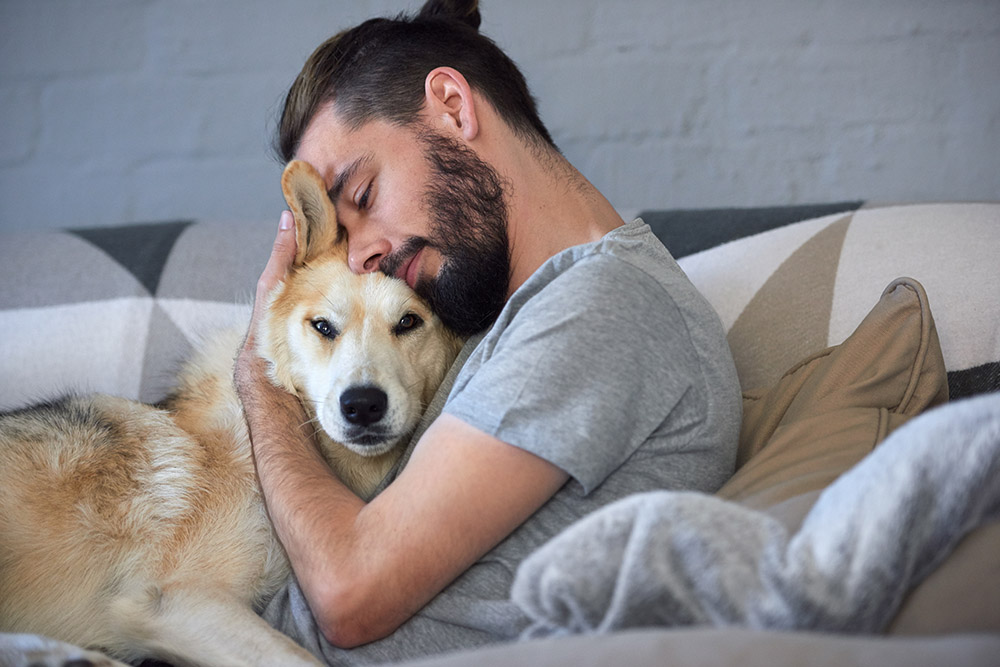

Final Thoughts
While yawning can mean your dog is tired or just waking up from a nice nap, their yawns can also mean your pet is trying to communicate something with you or others in their vicinity. The next time you catch your dog yawning excessively, pay close attention to the other body language they’re exhibiting and the context in which they’re yawning. This can give you some helpful insight into determining what message your pup is trying to convey.
Featured Image Credit: Fayzulin Serg, Shutterstock
